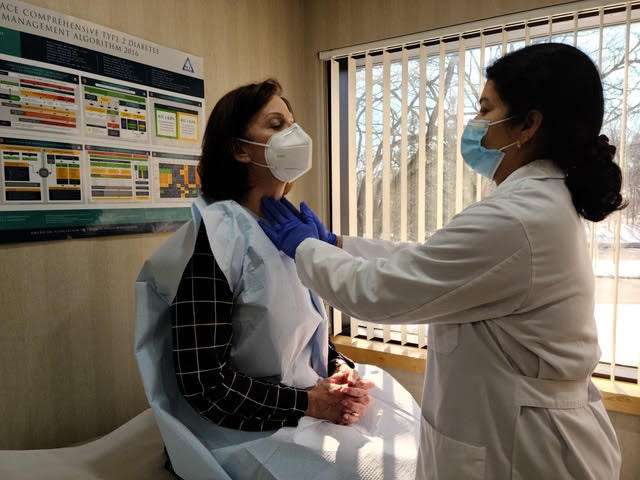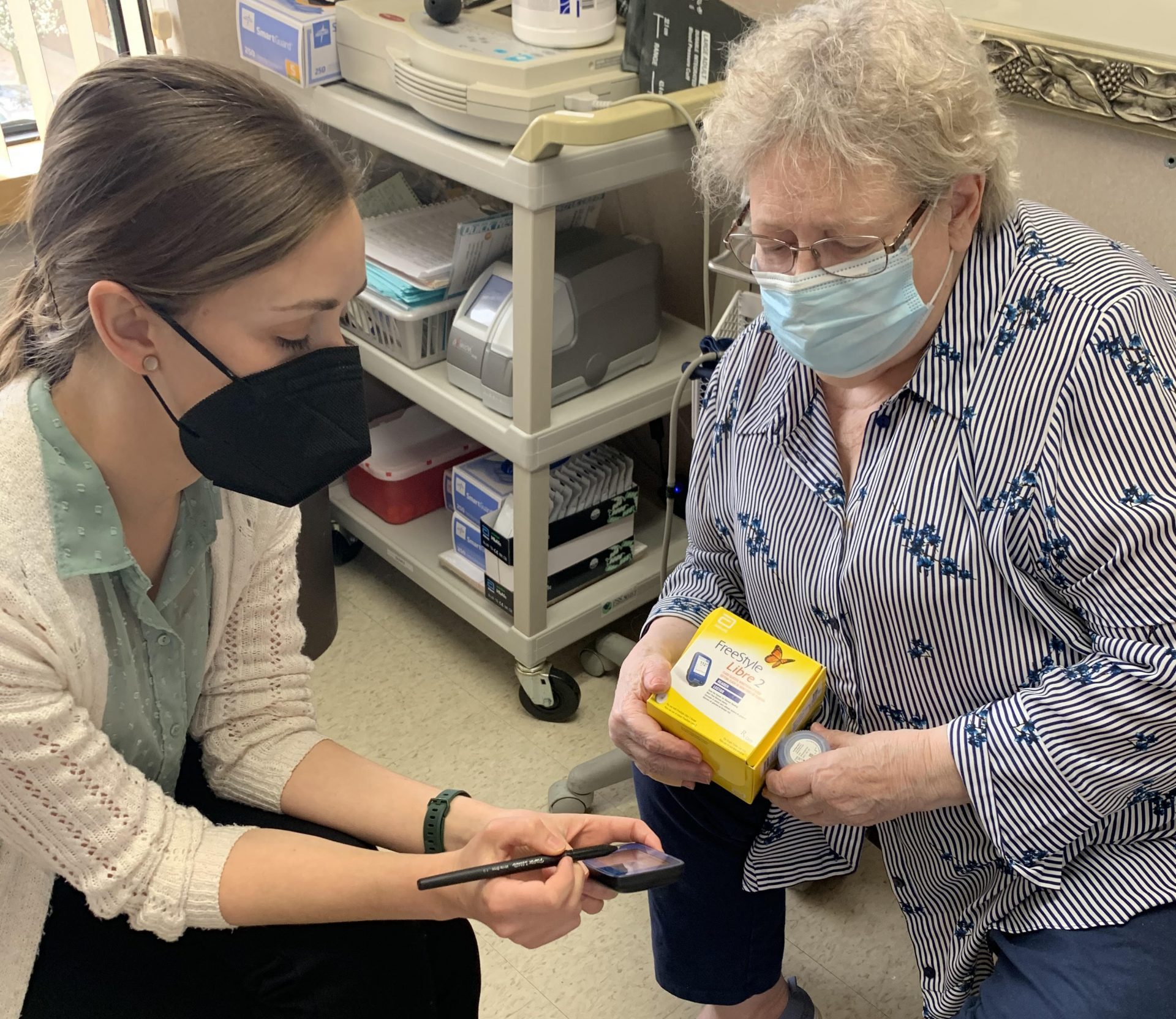Do You Need To Be Checked for a Thyroid Condition?
January is Thyroid Awareness Month, so it is only fitting that we release an article with details on when you should get checked for a Thyroid condition. 12% of U.S. population developing some form of thyroid disease in their lifetime, and up to 60% of them are unaware of their existing condition. One in eight women is affected in the US, making them 5-6 times more likely to be afflicted than men with thyroid issues. If thyroid disease is left undiagnosed, patients are at risk of other medical conditions involving the heart, bones, growth, metabolism, brain, fertility, and pregnancy.
Should I Be Screened for a Thyroid Condition and What Will That Look Like?
The American Thyroid Association recommends measuring thyroid function in all adults beginning at age 35 years and every five years thereafter, but more frequent testing may be appropriate in high-risk or symptomatic individuals. Screening for thyroid disorders at the appropriate time with appropriate tests should be openly discussed between patients and physicians. Reviewing the patient’s risks such as family history of benign or malignant thyroid disease, personal history of other autoimmune diseases, existing medications or supplements, and clinical signs such as enlargement or swelling of anterior neck area are all included in a thorough thyroid risk evaluation.
Will I Know if I Have a Thyroid Condition?
Without the discussion of screening, evaluating and possible treatment of unknown thyroid disease, more serious medical conditions such as a heart attack or bone fracture, may be your first introduction to an easily treated thyroid condition. Depending on when the other medical condition is found, your symptoms can present as mild or severe. A thyroid specialist will know that certain symptoms will suggest certain thyroid conditions, which will lead to specific testing to make an accurate diagnosis and treatment.
Could I Have Thyroid Disease if I Have Diabetes?
If you have diabetes, you are more likely to develop thyroid disease than someone without diabetes. If you already have an autoimmune disorder (like Type 1 diabetes), you are more likely to develop another one.
What Is the Most Common Thyroid Condition?
The most common thyroid condition is hypothyroidism (underactive thyroid gland). Hyperthyroidism (overactive thyroid gland) and thyroid nodules (masses) are less common but can be seriously symptomatic if not detected early. Thyroid cancers are the least common but any malignancy needs to be detected and treated appropriately for a long healthy life.
What Treatments Are Available to Me?
Standard medical care is based on scientific data that is effective and safe, therefore is always the first approach in the management of thyroid disease. Due to the surge in alternative approaches, they can be discussed with appropriate patients. The National Institutes of Health (NIH), National Center for Complementary and Integrative Health (NCCIH) and Office of Dietary Supplements (ODS) are all credible sources of evidence-based information regarding this topic. The American Thyroid Association, American Association of Clinical Endocrinology, and Endocrine Society have additional reputable literature on thyroid disorders.
Conclusion
GDI has supported and followed the excellence in the education of multiple medical associations to provide both medical professionals and patients with the best care possible since 2001. Make an appointment with one of our endocrinologists today to start the discussion. Having an existing thyroid condition such as Hashimoto’s thyroiditis, Grave’s disease, or postpartum thyroiditis also requires open discussion between you and your physician to further understand your condition.
About Grunberger Diabetes Institute
GDI offers Diabetes and Endocrine management, Medical Nutrition Therapy, as well as our weight management program. Care at GDI is individualized. We treat the patient, not just the ailment. What this means is that each person’s well-being is assessed and their treatment plan includes an improvement of their overall health and quality of life. Schedule with us today.



